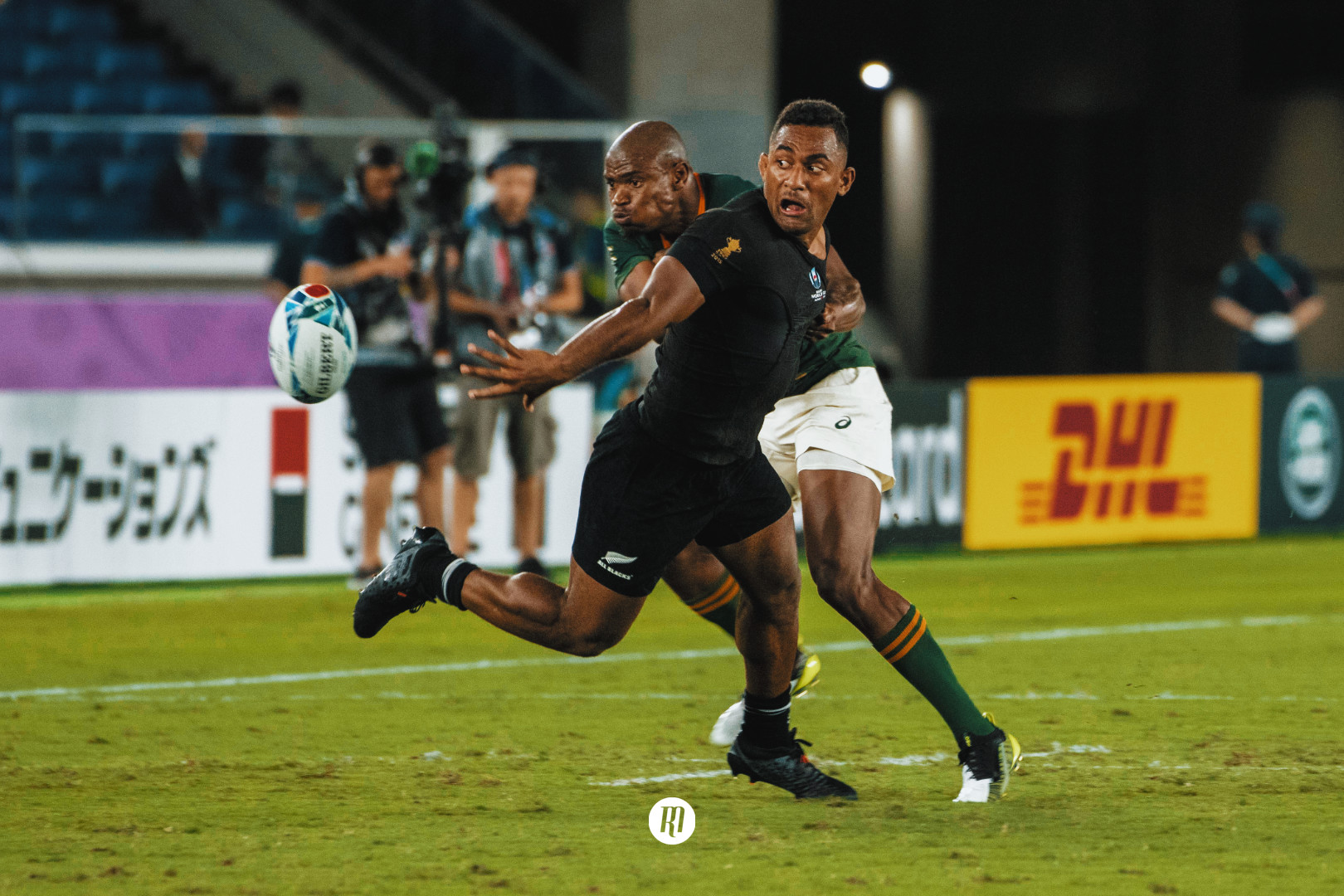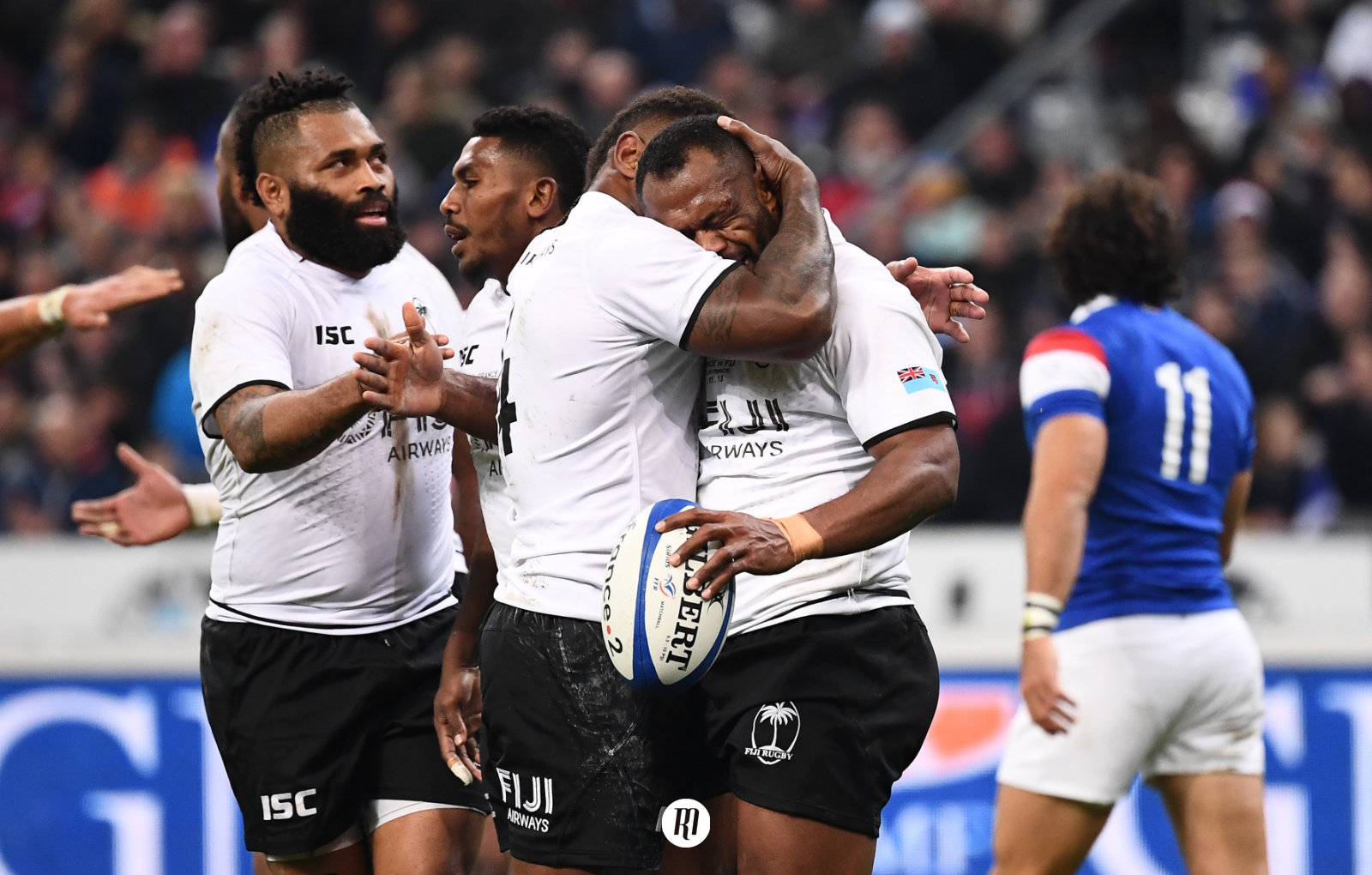Arguing a case for the drop-goal
Edward argues the case for more drop-goals and the impact they can have on a match.
Surely no Englishman, or indeed anyone rooting for South Africa, could have forgotten a certain Jannie De Beer knocking over a record five drop goals in the quarter finals of the 1999 Rugby World Cup? That's 15 points, and while the margin of the win was greater than fifteen for South Africa, those drop goals put them in a commanding position and allowed them to see out the game.
During the recent Ireland - England game, a statistic was flashed up on screen highlighting the decline of the drop goal over the last few years in the Six Nations. Shortly before, George Ford had dropped a goal, giving England their first points of the afternoon. At that stage, I assumed the England game plan was to keep Ireland under pressure and convert the territory into points, the Aviva Stadium being a tough place to play at the best of times. This is a perfect strategy for keeping the clock ticking over, and it keeps the forwards happy. They are the ones working hard to keep the pressure on from the front, and building a commanding lead early on is far easier than chasing the game away from home.
This isn't a break down of the England performance in Ireland though, that has been much talked about already. Obviously drop goals are an important weapon in the arsenal for late in the game, as Jonny showed us in 2003, but they are equally important in keeping control of the game and capitalising on the pressure you exert. One of the features we will continue to talk about, and Pete has mentioned it before, is whether you would rather your team lost 100-99, or won 3-0. At international level, and indeed in the wider professional game, players are paid to win. I have no doubt they enjoy it, who wouldn't want to be a professional rugby player? However, matches are meant to be won. In football, they say goals win games - why can't it be the same in Rugby too? If you are playing against a team that aren't giving away penalties and you are working hard for your opening, take 3 points and keep ticking over. It builds the mental ascendancy for your team, and while the reward of 7 points over three is of course greater, Chris Robshaws decision to kick to touch highlights the risk in pursuing the tries.
Getting over the try line is good rugby though, and is considered much more entertaining than an attritional battle with exchanges of kicking, but I would suggest that running rugby is born of in-game ascendancy, when you can take greater risks by running with the ball knowing that you have a comfortable points cushion.
The drop goal is certainly an under utilised aspect of the game in my opinion, and as a final thought, I will leave you with the most important drop goal of all time.

Filed under:
Spirit Of The Game
Written by: Edward Kerr
Follow: @edwardrkerr · @therugbymag



